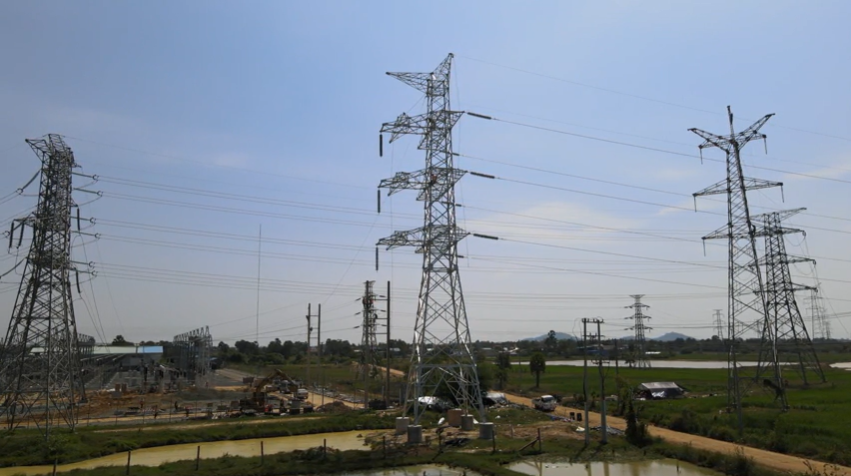
![]() ISSUE: Rapid energy demand growth and high energy prices combined with increased risk for climate-related extreme weather.
ISSUE: Rapid energy demand growth and high energy prices combined with increased risk for climate-related extreme weather.
Cambodia is highly vulnerable to climate change, in particular from increased risks of flooding which threatens critical infrastructure. At the same time, the country faces rapid energy demand growth and high electricity prices due to reliance on fuel imports. Today, Cambodia is embarking on a clean and resilient energy transition, with the power sector leading the way. However, several constraints remain: institutional capacity for long-term, data-driven energy sector planning and target-setting, including on climate risks, remains nascent; detailed regulatory frameworks to enable new solutions are still lacking; the energy transition has not yet reached across sectors, such as transport, industry and buildings; and technical capacities to adopt climate-resilient and clean energy technologies are only just emerging.
 SOLUTION: Mainstream renewable energy and energy efficiency and adopt innovative technologies and business models, while transitioning away from fossil fuels.
SOLUTION: Mainstream renewable energy and energy efficiency and adopt innovative technologies and business models, while transitioning away from fossil fuels.
The Energy Transition Sector Development Project (Subprogram 1) was approved for financing by ADB in December 2022, as its first comprehensive policy reform package for the energy sector in Cambodia. The project will help the energy sector mainstream renewable energy and energy efficiency while transitioning away from fossil fuels, adopt data-driven regulation, plan for the power system to enhance flexibility and resilience, and anchor infrastructure investments in planning with new technologies and business models. The program combines the issuance of policies, efficiency standards, and guidelines with the roll-out of government-led programs and demonstration of investment projects and with involvement of the private sector. It will help accelerate the transition toward an energy-efficient economy, reduce greenhouse gas emissions from the energy sector, and create green jobs. It aims to simultaneously increase renewable energy generation by 25% and reduce annual electricity demand by 8.6% by improved efficiency, all by 2027.
![]()
HOW DID THE GFH AND ACGF HELP?
In 2020, as part of the preparations for the Green Climate Fund (GCF) Green Recovery Program, the ACGF, managed by SERD’s GFH, screened ADB pipelines to identify projects with significant climate change mitigation potential. The Energy Transition Sector Development Program (Subprogram 1) initiates important structural changes to the energy governance framework. It also cascades key energy transition priorities across sectors, mainstreams gender in the energy sector, and builds financial and technical tools to empower private sector action. In this context, the project presents an opportunity to pilot investment in street lighting and battery storage alongside policy reforms to scale up its adoption and involve private sector. The ACGF's involvement supported the streamlining and accounting of climate change financing through policy advocacy and offered a blend of concessional financing, combining AIF and GCF cofinancing with ADB’s own resources. The GCF funds will support the roll-out of the country’s first grid-connected battery energy storage system.
Going forward, the ACGF will support project implementation through assistance to the government in program management and in developing a policy framework that will enable and accelerate the energy transition in Cambodia and to promote gender mainstreaming in the energy transition.

ACGF = ASEAN Catalytic Green Finance Facility; ADB = Asian Development Bank; AIF = ASEAN Infrastructure Fund; CAPEX = capital expenditure; GCF = Green Climate Fund; GFH = Green Finance Hub; GHG = greenhouse gases; OPEX = operational expenditure; SERD = Southeast Asia Department; tCO2e = tons of carbon dioxide equivalent.

